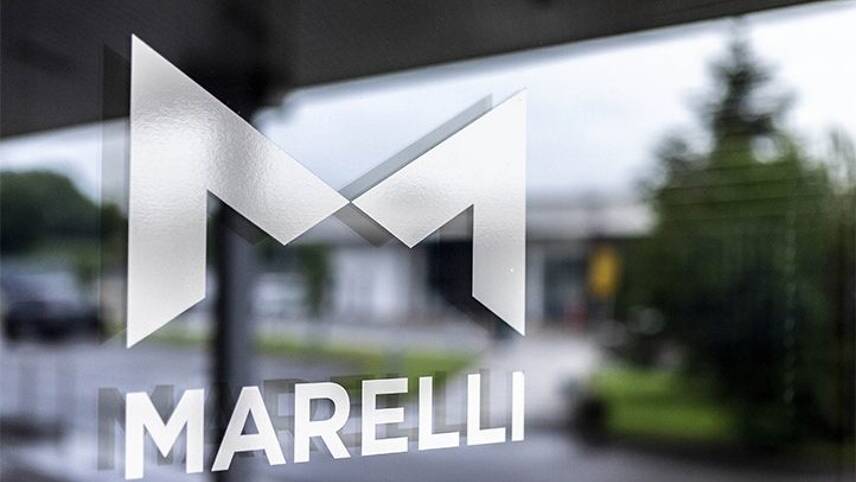Register for free and continue reading
Join our growing army of changemakers and get unlimited access to our premium content

The company will focus on an “energy efficiency Monozukuri” programme that has been introduced to reduce energy usage at plants
Italian automotive developer Marelli has committed to becoming carbon neutral within its operations (Scope 1 and Scope 2) by 2030, this will cover emissions from direct sources owned or controlled by the company and emissions from energy purchases.
Marelli’s executive chairman Dinesh Paliwal said: “The automotive industry has a critical role to play in creating a cleaner, greener world. In addition to our role as a supplier of technologies which enable the responsible transition towards full electrification, this significant investment in achieving full operational carbon neutrality is a milestone in building a stronger, more sustainable Marelli.”
The company will focus on an “energy efficiency Monozukuri” programme that has been introduced to reduce energy usage at plants. To date, the Monozukuri programme has seen -efficiency and energy saving equipment invested in by Marelli alongside the streamlining of operating lines at production sites.
The company also has a plan in place to procure 100% of electric energy used in operations is from renewable sources or neutralised by certified carbon credits. Marelli will invest in onsite renewable systems and certified Power Purchasing Agreements to reach this goal.
The company will also participate in certified carbon projects across the globe to offset in residual emissions.
Marelli’s chief executive Beda Bolzenius added: “This is a first step for Marelli in outlining firm plans to reduce our overall carbon emissions. Our next step will be to define clear goals and measures across indirect emissions, which includes working with suppliers, customers, as well as internally within our own product and manufacturing processes. We have a long way to go, but the investments being announced today are a significant step forward.”
Matt Mace


Please login or Register to leave a comment.